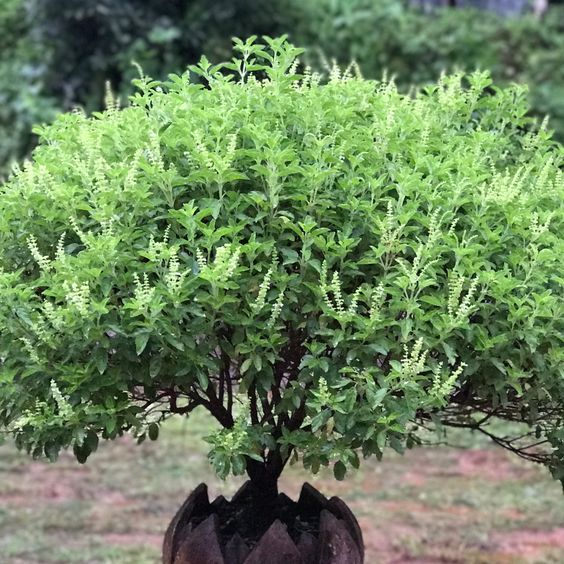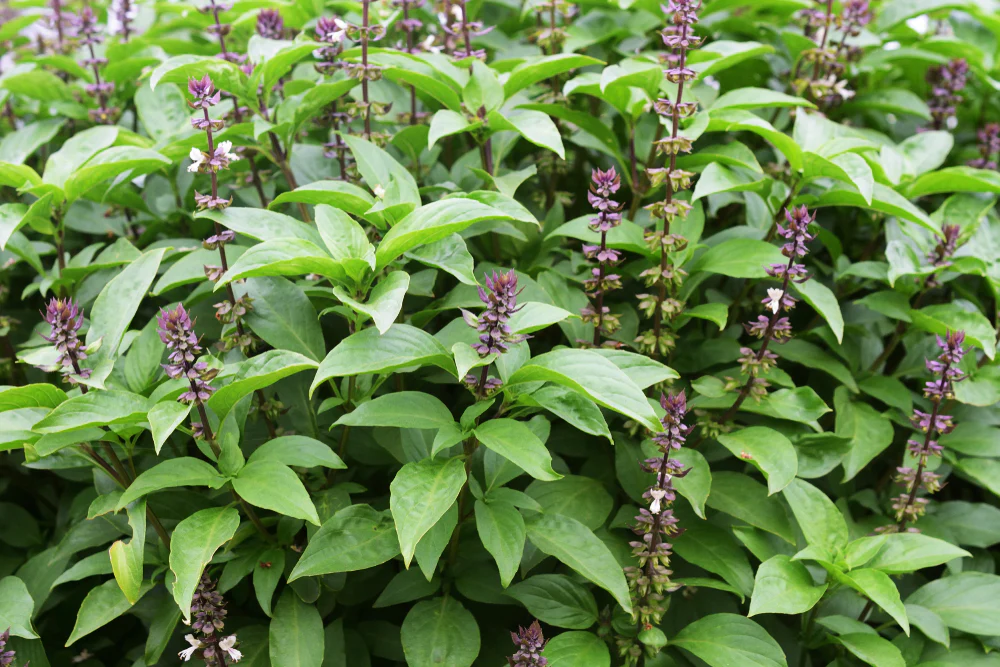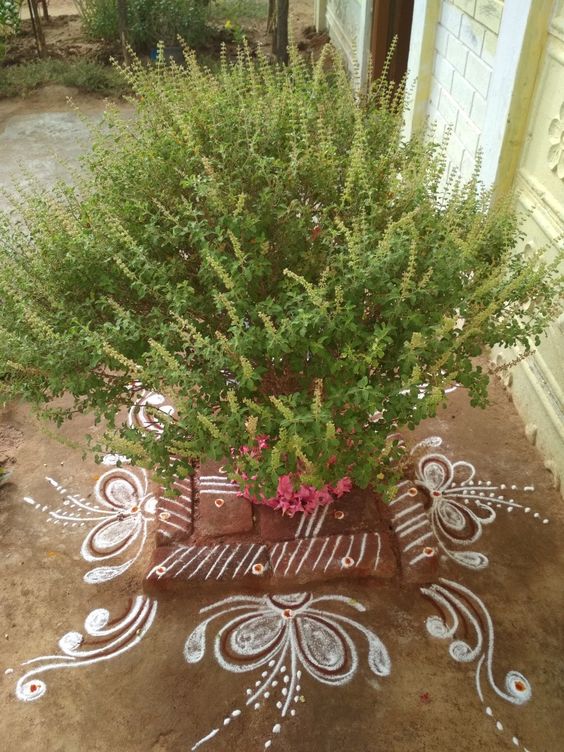Harnessing the Power of Salt for Your Basil Plant’s Growth and Health
A lot of people’s go-to herbs for cooking include basil, with its aromatic leaves and unique flavor. The allure of fresh basil is undeniable, whether you use it in pasta recipes, salads, or sauces. However, you might not be aware that salt can greatly benefit your basil plants’ development and well-being. Here, we’ll discuss the advantages of salting your basil plants and the best ways to accomplish so.
How Salt Affects Plant Development: A Comprehensive Overview
Plants can benefit greatly from salt when used sparingly. The plant cells can’t do their jobs properly without the minerals they contain, such as chloride and sodium. A plant’s ability to absorb water and nutrients is influenced by its internal osmotic pressure, which salt can help control. Too much salt, meanwhile, can cause plants to suffer from dehydration and nutritional imbalances, so moderation is key.
Why Basil Plants Benefit from Salt Application
Improved Nutrient Uptake: Salt helps improve the absorption of important nutrients from the soil, ensuring that your basil plants acquire the required ingredients for healthy development. Pest Prevention: Salt can work as a natural repellent for pests like slugs and snails, preserving your basil plants from harm. Salt contains antibacterial characteristics that can help prevent fungal infections, such as damping-off, which can harm basil plants. Enhanced Flavor: When used in moderation, salt can enhance the flavor profile of basil leaves, making them more fragrant and tasty. Also Read This: 5 Easy Tips to Maintain a Tulsi Plant at Home
How to Use Salt in Your Basil Garden Soil Amendment:
 Before planting your basil seeds or seedlings, you may supplement the soil with a tiny quantity of salt to supply important nutrients. Mix a teaspoon of salt per gallon of soil well before planting. Foliar Spray: Dissolve a teaspoon of salt in a gallon of water and use it as a foliar spray for your basil plants. Spray the solution onto the leaves once a week to promote healthy development and discourage pests. Mulching: Apply a thin coating of salt around the base of your basil plants. Make sure to keep the salt away from direct contact with the plant stems to prevent burning. Companion Planting: Consider growing salt-tolerant herbs like rosemary or sage alongside your basil plants. These companion plants can help manage soil salinity and bring extra advantages to your basil garden.
Before planting your basil seeds or seedlings, you may supplement the soil with a tiny quantity of salt to supply important nutrients. Mix a teaspoon of salt per gallon of soil well before planting. Foliar Spray: Dissolve a teaspoon of salt in a gallon of water and use it as a foliar spray for your basil plants. Spray the solution onto the leaves once a week to promote healthy development and discourage pests. Mulching: Apply a thin coating of salt around the base of your basil plants. Make sure to keep the salt away from direct contact with the plant stems to prevent burning. Companion Planting: Consider growing salt-tolerant herbs like rosemary or sage alongside your basil plants. These companion plants can help manage soil salinity and bring extra advantages to your basil garden.
Cautions When Using Salt in Your Basil Garden:

Last Updated on 4 weeks ago by Anjali Mehra Ph.D. in Horticulture (Punjab Agricultural University)
- Best Lawn Grass for Cold Climate in Kashmir - March 1, 2026
- Lawn Grass Lifespan in India – Which Grass Lasts Longest? - February 23, 2026
- Can Lawn Grass Grow Without Direct Sunlight? (2026 Expert Guide) - February 12, 2026

